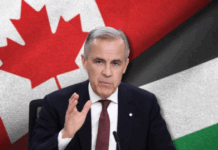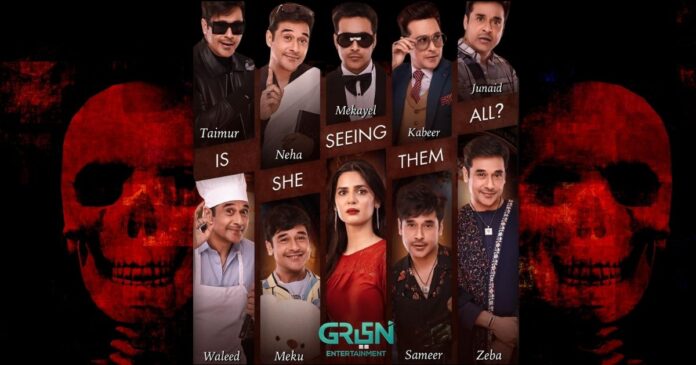Faysal Quraishi opened up about his journey of portraying eight unique personalities in the drama Behroopia. What started as a tough acting challenge evolved into a profound exploration of the intricate world of Dissociative Identity Disorder (DID), a condition that remains largely misunderstood in many regions of the world, particularly in Pakistan.
Faysal revealed that during the project, he became acutely aware of how misinformed society is regarding mental health. Many people mistakenly link such disorders to supernatural forces like jinns rather than seeking proper psychiatric assistance.
Watch Here:
View this post on Instagram
“When we were filming Behroopia, we kept saying that these individuals won’t just come to you,” Faysal remarked. “They have their own lives too. There’s a significant lack of awareness and education surrounding this issue.”
He stressed that the depiction was far from fictional. It reflected the quiet struggles of real individuals grappling with their inner turmoil.
Breaking Stereotypes Around Mental Health in Entertainment
Mental health has often been a sensitive subject in Pakistani media. Yet, Behroopia stands out as a bold initiative that tackles Multiple Personality Disorder head-on, bringing attention to its real-life consequences.
During the podcast, Faysal shared a startling encounter. He met someone who described a person with 90 distinct personalities. To his astonishment, he later found a documented case of a woman who had 1,029 personalities.
These discoveries left him reeling.
“I used to think eight was a lot. But there are people out there living with hundreds of fragmented identities,” he admitted.
Instead of seeking help from therapists, many in Pakistan tend to view these conditions as possession or spiritual matters. This perspective has inflicted immense trauma on those affected, driving them into isolation instead of encouraging them to seek treatment.
Behroopia set out to confront these harmful misconceptions. It became more than just a drama; it served as a reflection of societal ignorance.
Faysal Quraishi Calls for Education and Compassion in Mental Health Treatment
In a heartfelt message, Faysal called on both the public and the media to change how they view certain individuals.
“These aren’t cursed people. They’re human beings who are experiencing real pain. What they need is care, not confinement.”
His words struck a chord, especially for those caught in a cycle of spiritual mislabeling and unresolved trauma.
He fervently advocates for greater mental health awareness across the business, education, and media sectors. He particularly challenged the entertainment industry to take responsibility for how it portrays these issues, emphasising that fiction has the potential to educate millions.
Additionally, Faysal highlighted the need to recognise early signs of mental health struggles and to create safe spaces for those affected. “Let’s stop calling them crazy or possessed. They need therapy, not superstition,” he insisted.
Faysal’s message resonates with many, highlighting that mental health is real, it’s valid, and it can be treated. It’s high time for Pakistan to stop turning a blind eye and start paying attention.
Stay tuned to Brandsynario for the latest news and updates








































